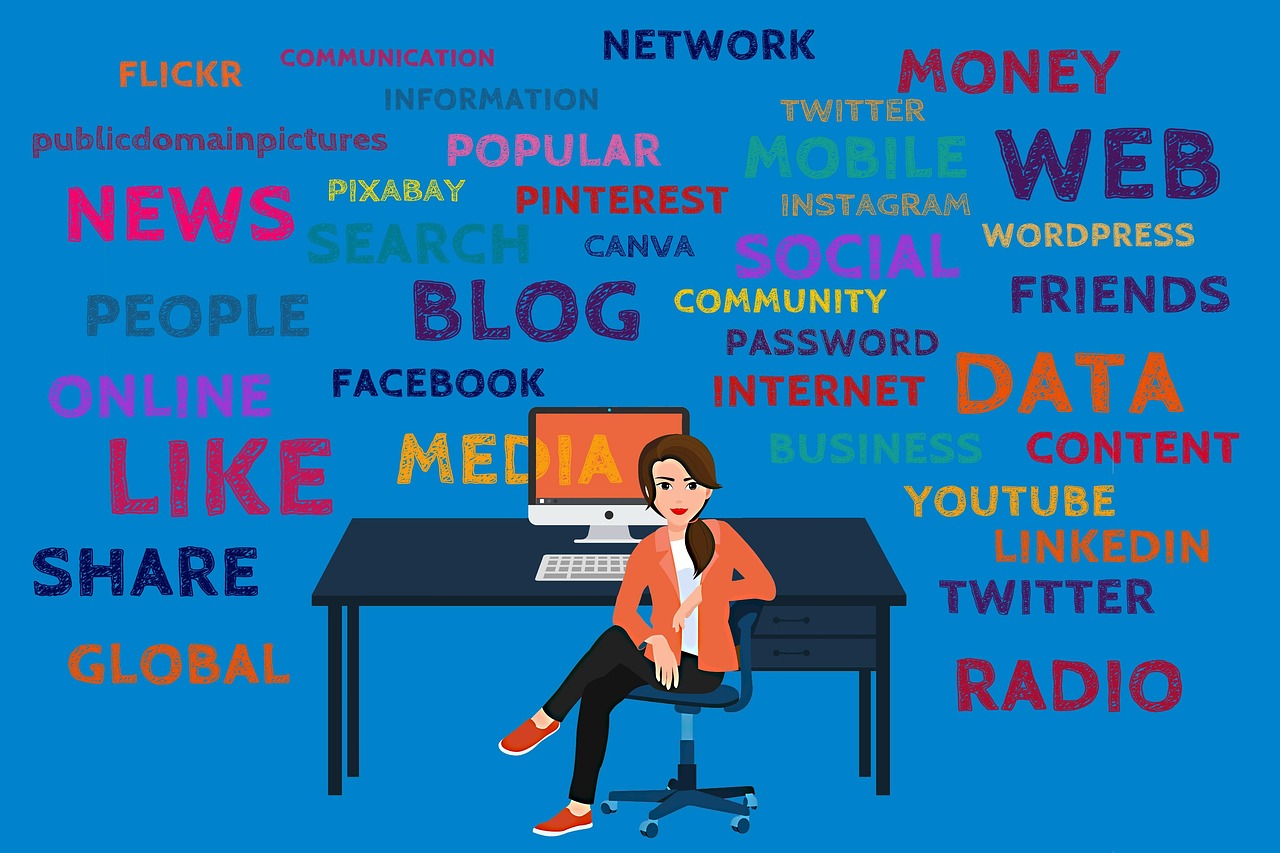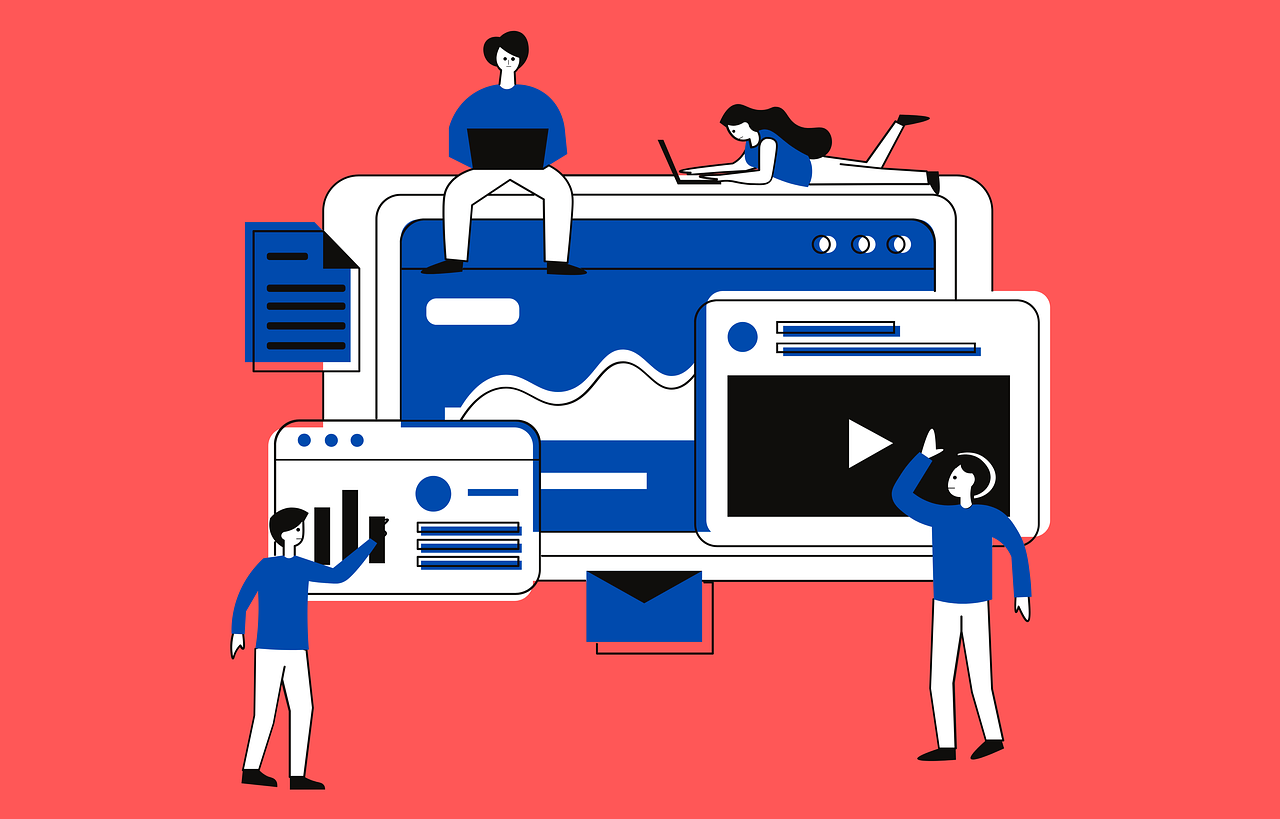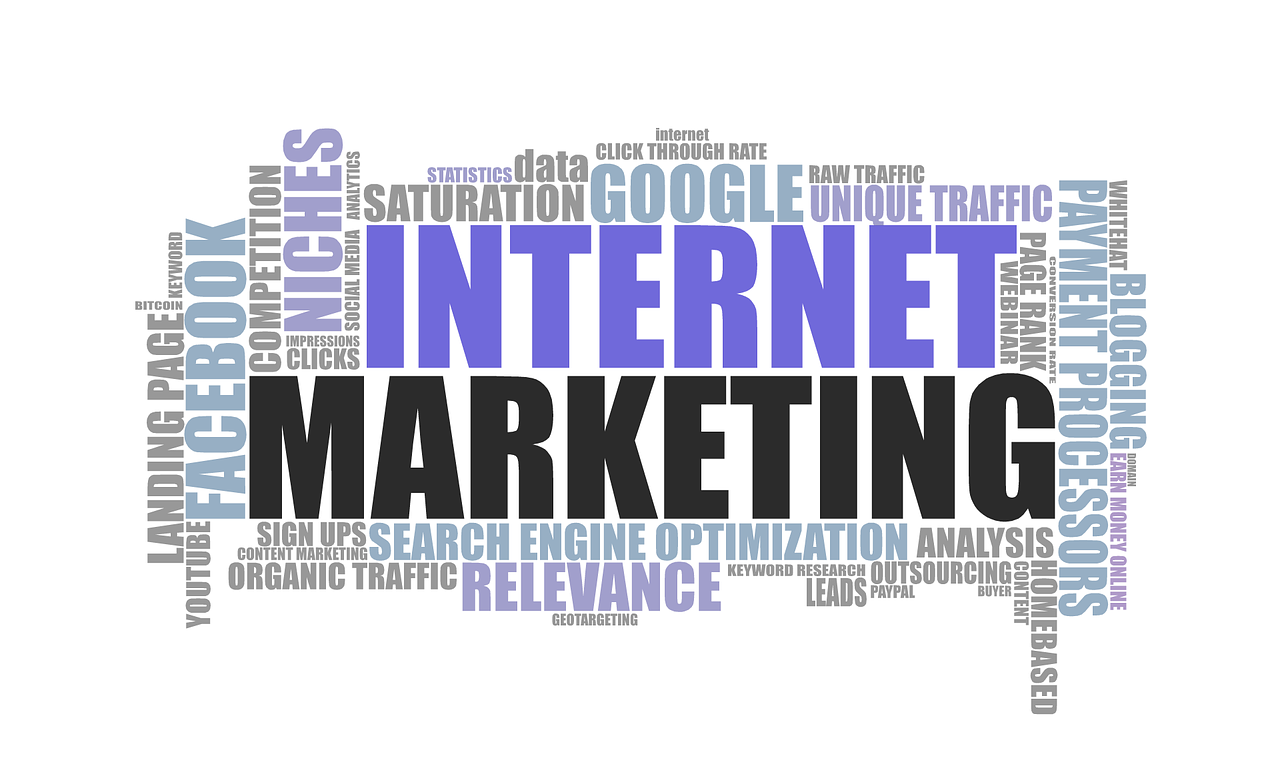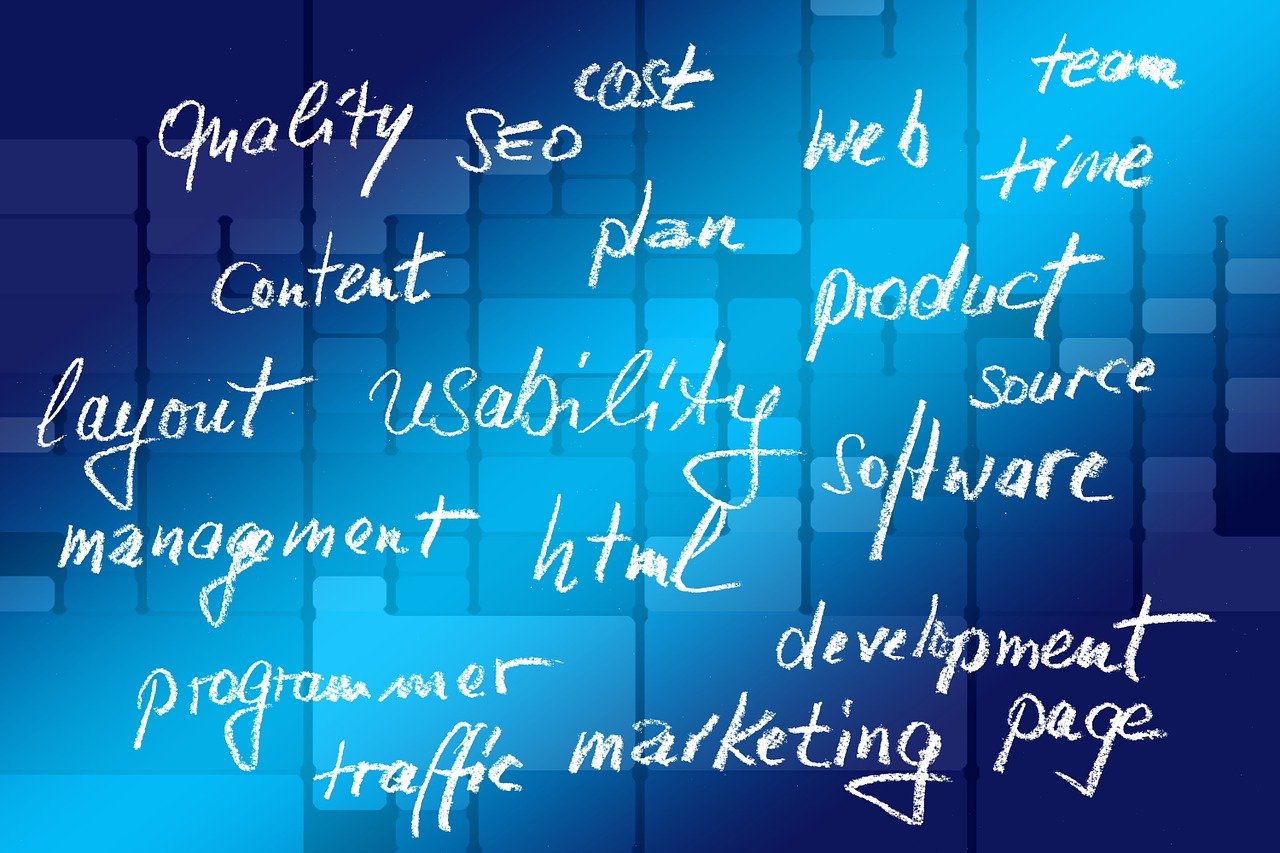
The Era of Mass Surveillance: National Security or Reality Manipulation?
We live in a time where technology has revolutionized how we interact, work, and communicate—but also how we are monitored. From mass data collection programs like PRISM to the use of facial recognition tools, governments have unprecedented access to individuals' private information. Although these practices are often justified as necessary measures to ensure national security, their implementation can erode fundamental freedoms, instill fear, and manipulate collective perceptions of reality. This article explores how these technologies, if not properly regulated, can become tools of social control and censorship, impacting everything from individual privacy to the democratic dynamics of our societies.
Mass Data Collection (NSA and PRISM)
- Mass surveillance can lead to self-censorship, where individuals fear expressing themselves freely, even on private platforms, due to concerns about being monitored.
- Political minorities or activist groups may feel targeted if they perceive their activities are being watched.
example:
In 2013, Edward Snowden revealed that the PRISM program collected data from companies like Google, Facebook, and Apple. A journalist investigating sensitive topics could be monitored, affecting their work and putting them at risk.
Reality Manipulation:
Knowing you are being watched can shape behavior, creating a “conformist society” where people avoid criticizing the system out of fear of retaliation.
Location Tracking

Impact
- Authorities can use location data to monitor protests or demonstrations, discouraging people from participating in legitimate opposition activities.
- Abuse can occur if data is used to track individuals for reasons unrelated to public safety.
Example
In 2020, during the Black Lives Matter protests, reports indicated that law enforcement tracked participants’ locations using cellphone data.
Reality Manipulation:
If the government has access to this data, it could launch disinformation campaigns targeting specific groups based on their location. For instance, disseminating tailored propaganda to influence communities involved in protests.
Regulation of Apps and Devices
Impact:
- By regulating which apps are allowed in digital stores, the government can limit access to tools that facilitate social organization or free expression.
- Access to foreign apps could be restricted under the pretext of “national security,” reducing the diversity of available information.
Example:
The U.S. government’s attempt to ban TikTok was justified by security concerns. However, this measure could be seen as an attempt to limit access to a platform that enables mass dissemination of critical content.
Reality Manipulation:
The government could promote domestic apps that prioritize censorship of certain topics, thus limiting exposure to alternative perspectives.
Government Alerts
impact
Mass notifications allow for rapid dissemination of messages, but misuse of this system could instill fear or manipulate public opinion.
example
In 2018, a false missile alert was sent in Hawaii, causing widespread panic. While it was an error, it demonstrates how this system can alter perceptions of reality.
Reality Manipulation:
The government could use alerts to exaggerate nonexistent threats, justifying extreme measures such as increased surveillance or movement restrictions.
Facial Recognition and Biometrics

impact
- This technology could be used to identify and track people at public events, limiting individuals’ privacy.
- Marginalized communities could face discrimination, as facial recognition has a history of racial bias.
Example:
In some cities, cameras with facial recognition have been deployed in public spaces, enabling the identification of protesters or attendees at political gatherings.
Reality Manipulation:
If facial recognition is combined with personal data, authorities could incriminate individuals by manipulating visual evidence (deepfakes) or using it to discredit public figures.
Investments in Cybersecurity and Digital Surveillance

Impact:
- Digital surveillance tools can be used to monitor social media platforms and censor posts critical of the government.
- Algorithms designed to detect “threats” may falsely flag individuals, damaging their reputation or access to services.
Example:
In 2022, it was reported that the Department of Homeland Security monitored platforms like Twitter and Facebook to identify threats. This can lead to mistrust among citizens when expressing themselves online.
Reality Manipulation:
By controlling what content is labeled as “misinformation,” the government could influence which news is visible to the population.
CLOUD Act and Cloud Data Access

Impact:
- Individuals lose control over the privacy of their data stored in cloud services, such as personal photos, messages, or documents.
- Companies may be forced to hand over information without user consent.
Example:
If someone organizes a social movement and uses services like Google Drive to share documents, authorities could access this information and block their activities.
Reality Manipulation:
The government could selectively leak personal data to discredit public figures or manipulate the context of certain situations.
Backdoors in Electronic Devices:
Impact:
- If devices have backdoors, authorities can access them without requiring a warrant, violating users’ privacy.
- Hackers could also exploit these vulnerabilities, endangering the security of the population.
Example:
The FBI pressured Apple to unlock an iPhone linked to a shooting in 2015. Apple refused, arguing that creating a backdoor would jeopardize the security of all users.
Reality Manipulation:
With full access to devices, the government could directly manipulate information on people’s phones, such as messages, photos, or histories, to alter perceptions or incriminate individuals.
General Reflection:
While these measures are often justified under the pretext of national security, their misuse could have severe consequences, from suppressing individual freedoms to manipulating collective reality. Transparency and proper regulation are crucial to prevent abuse.
Protect Yourself from Cyber Threats
While digital surveillance and data collection technologies are often beyond individuals' control, there are steps you can take to safeguard your privacy and reduce the risks of abuse. Here are some practical solutions:
1. Protect Your Personal Data
- Use encryption tools: Opt for messaging and email services with end-to-end encryption, such as Signal or ProtonMail.
- Encrypt your devices: Enable encryption on your phone, computer, and hard drives to prevent unauthorized access.
2. Limit Social Media Exposure
- Review privacy settings: Configure your social media accounts to share content only with trusted people.
- Avoid sharing sensitive information: Do not post your location, routines, or personal data that could be used to track or manipulate you.
3. Browse Securely
- Use privacy-focused browsers: Browsers like Tor or Brave minimize online tracking.
- Install privacy extensions: Tools like uBlock Origin and Privacy Badger block trackers and malicious ads.
- Use a VPN: A Virtual Private Network (VPN) hides your IP address and protects your online activity, especially on public networks.
4. Protect Your Location and Devices
- Turn off location tracking: Enable GPS only when absolutely necessary.
- Use secure apps: Research apps before downloading and avoid those that collect unnecessary data.
- Update your devices: Keep your software up to date to prevent vulnerabilities exploited by hackers or governments.
5. Recognize and Combat Disinformation
- Verify information sources: Ensure content comes from reliable sources before sharing it.
- Avoid emotional “clickbait”: Be critical of news designed to provoke strong emotional reactions.
6. Support Digital Rights Advocacy
- Support privacy initiatives: Organizations like the Electronic Frontier Foundation (EFF) or Access Now work to protect digital rights.
- Stay informed about local laws: Understanding how your country's laws affect surveillance and privacy helps hold authorities accountable.
7. Avoid Devices with Known Vulnerabilities
- Research before buying: Choose devices without known backdoors











